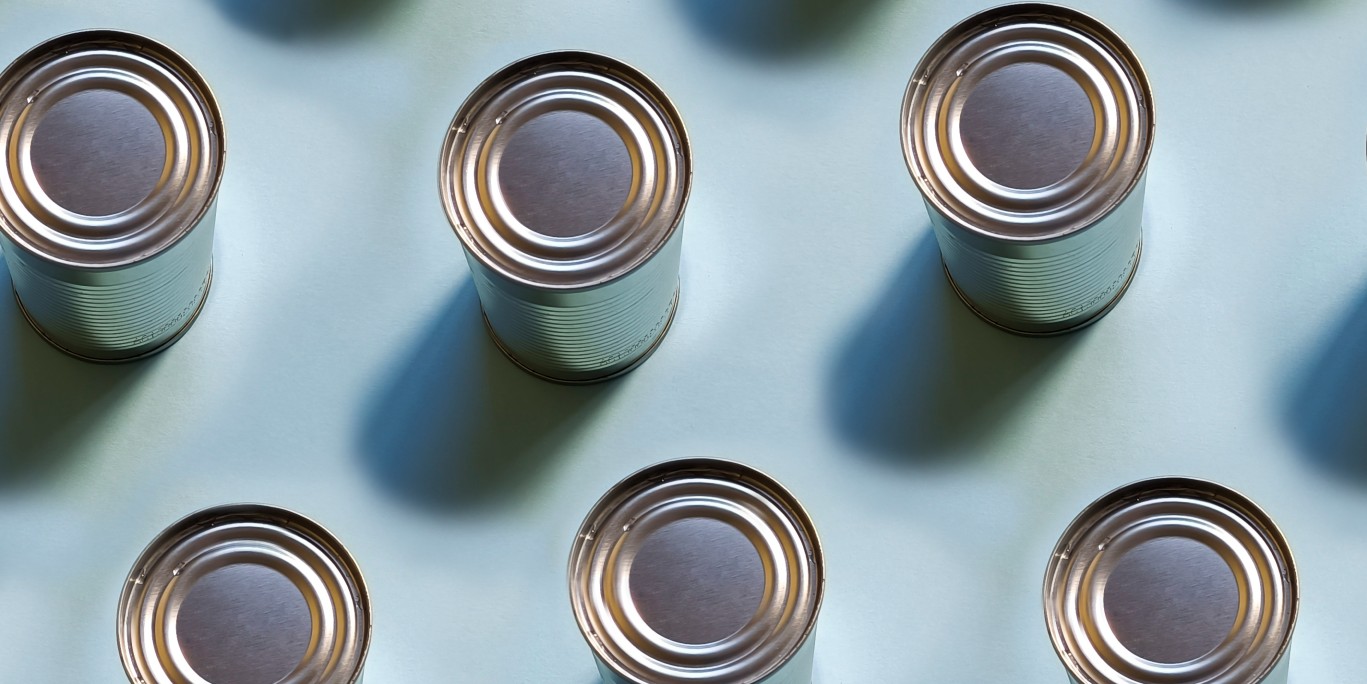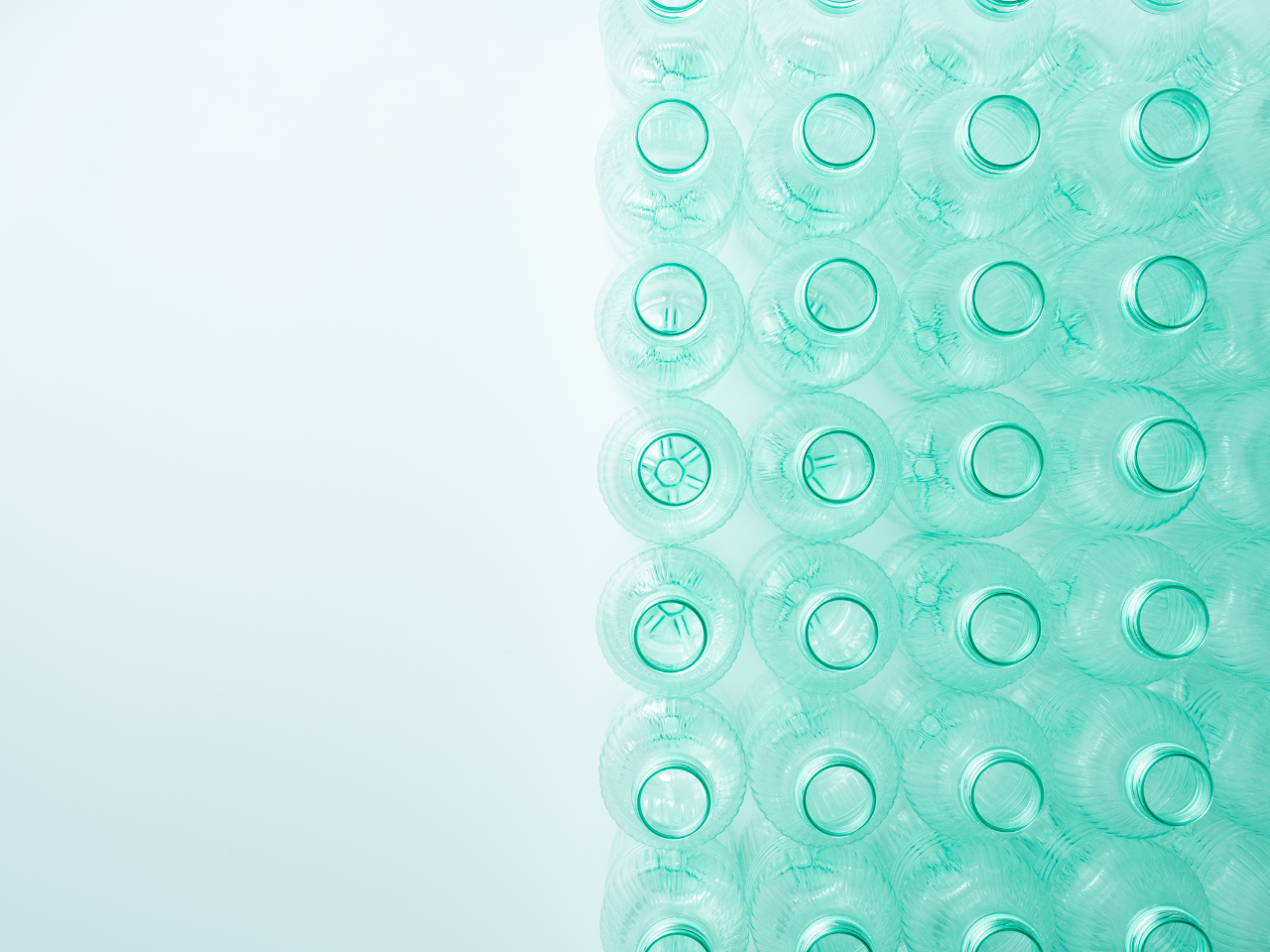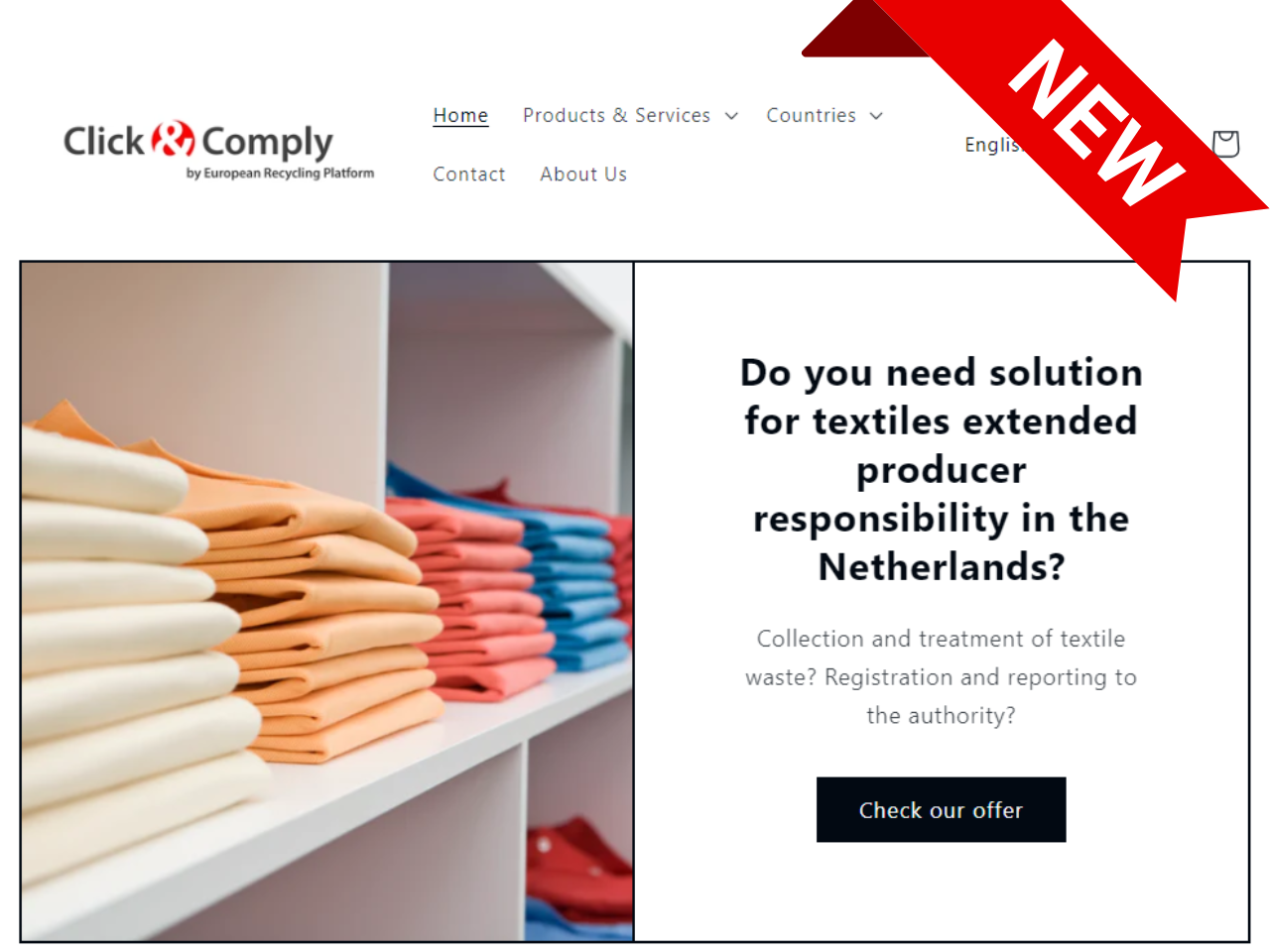What changes worldwide could have the biggest impact on the circular economy? Read our selection for you for April 2023.
EU Commission plans to put forward a legislative proposal on the right to repair
On 23 March, the European Commission proposed a directive on “common rules promoting the repair of goods”. The directive largely applies to household appliances, displays, and data storage products, although this list can be extended through delegated acts.
As part of the Circular Economy Action Plan, this directive complements initiatives such as the regulation on Ecodesign for sustainable products or the directive empowering consumers for the green transition.
With its proposal, the EU Commission proposes giving consumers the right to have their product repaired. The directive thus incentivises more sustainable actions along the value chain. It ultimately aims to encourage more consumers to bring their products for repair and for producers to make this possible through smarter design and repair networks.
Through the new directive, producers are obliged to repair broken goods on consumers’ request – for free or at a price. The repair does not need to be carried out by the producer itself (it can be done by an independent repairer), although the producer must ensure that enough spare parts and tools are available.
The Commission’s proposal starts the legislative procedure. Parliament and Council will now convene on the subject. Once negotiations are concluded, Member States will have 24 months to transpose the final text into national law.
EU Commission wants to boost recycling of critical raw materials
On 16 March, the European Commission published the proposal for the Critical Raw Materials Act. The aim of the initiative is to make European strategic raw material value chains more resilient through targets for extraction (10%), processing (40%), and recycling capacity (15%). These targets are indicative, thus not legally binding, but can be enforced through additional measures.
The proposal defines criteria for Strategic Projects that benefit from faster permitting procedures, joint environmental impact assessments, and support for administrative tasks. Whilst these benefits apply for all three above-mentioned stages of the value chain, a large part of the proposal focuses on circularity. All Member States will be requested to adopt and implement national programmes containing measures to increase the collection and re-use of critical raw materials.
Furthermore, the proposal establishes labelling requirements for the following products: magnetic resonance imaging devices, wind energy generators, industrial robots, motor vehicles, light means of transport, cooling generators, heat pumps, electric motors, washing machines, tumble driers, microwaves, vacuum cleaners, and dishwashers.
This label must indicate if the product incorporates a permanent magnet (and what type it is). The products will also have to be accompanied by a data carrier that provides information on parameters such as contact details for the responsible natural or legal person, weight, chemical composition, and information enabling access and removal of all permanent magnets incorporated in the product. From 2031 onwards, the Commission is empowered to adopt further delegated acts laying down minimum targets for recycled content.
Parliament and Council are now tasked to convene and discuss their position on the proposal before trilogue negotiations. An agreement is expected by the end of the year.
International community reaches agreement on global High Seas Treaty
On 4 March, delegates came to an agreement on the High Seas Treaty during an international conference at the UN headquarters in New York. 20 years in the making, the treaty establishes, for the first time, binding rules governing the high seas.
Thus far, the high seas were marine areas beyond national jurisdiction, with inconsistent levels of protection. The agreement provides the option to establish marine protected areas to protect them from problems such as overfishing, shipping, or plastic waste pollution. Additionally, the agreement will lay down rules for environmental impact assessments to prevent adverse impacts caused by new activities.
Questions over enforcement remain, but diplomats from across the globe consider the agreement a great success.
Sign up for our monthly
report COMPASS here:
Your email











